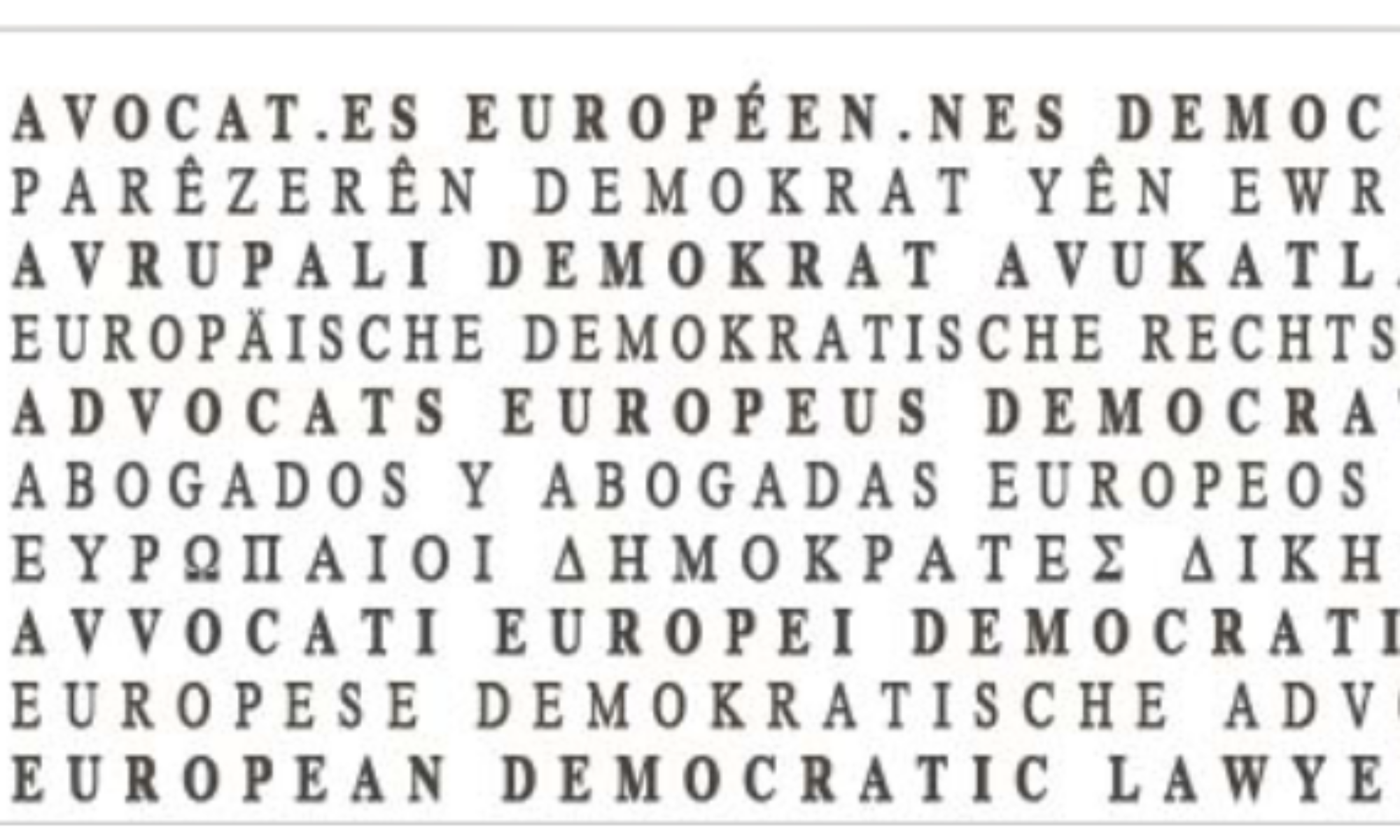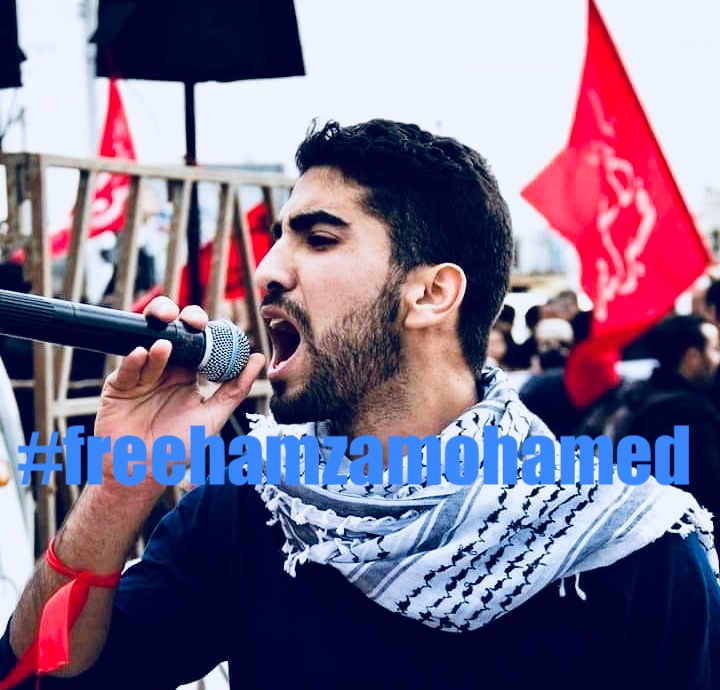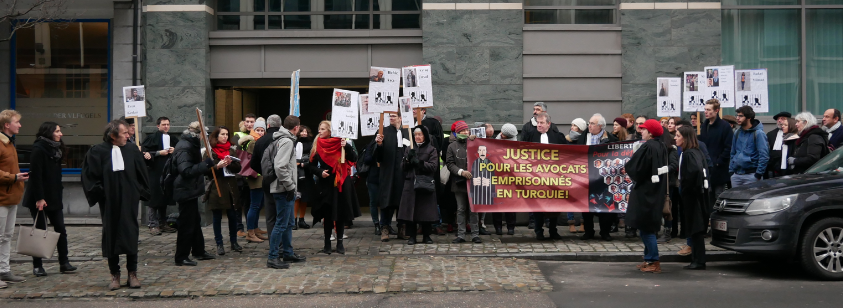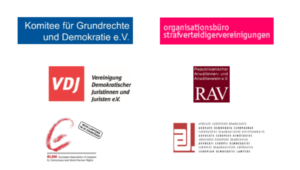What has been happening in the last few days in many Italian prisons (Modena, Reggio Emilia, Bologna, Rome, Naples, Palermo, Padua, Florence, but the list is getting longer by the hour and it seems that there are already 27 prisons involved in the prisoners’ protest, with a number not exactly ascertained – even in its causes – of deaths – at least six – and injured, some of them very serious) was predictable: in a country where there are more than 61.000 prisoners in jail, with a capacity of 50,000 places, where for decades no pardon or amnesty has been seen (a term that has become almost heretical), where the criminalization of deviance and protest has become the norm, where someone talks about “throwing away the key” and someone else abolishes prescription and guarantees, the effect of the health emergency could not have been different.
In places where cohabitation is forced and turns into promiscuity, where health is not guaranteed even in ordinary times, where dozens of people live in overcrowded conditions, the terror of contagion multiplies and “security” is transformed into greater isolation. The blocking of parental visits, replaced by telephone conversations for which one has to deal with waiting in promiscuity, combined with the absence of the few services ensured, for the most part by volunteers who are now banned from entering, can only generate despair. Despair that can lead to violence against innocent people.
There is only one way out, especially at times like this: to reduce the danger of contagion as much as possible, but also the violence of despair. This imposes important choices, immediately practicable such as emptying prisons (and other places of detention, including migrant centres) of elderly and sick prisoners, with the immediate granting of home detention, probation and/or suspended sentences, as well as emptying prisons of those who have to serve short sentences; ensuring the effective communication with the outside world, guaranteeing information and health care.
It is urgent, indispensable, humane and respectful of individual rights and freedoms!
Later we will return to talk about amnesty, pardon and measures that put the unsustainability of this form of “doing justice” and “applying sentences”, dominated by an incapable and arrogant policy, at the centre of the discussion.
9th of March 2020
——————–
Svuotare le carceri, subito
Appello congiunto di Giuristi Democratici e Legal Team Italia
Quello che sta accadendo nelle ultime ore in molti istituti di detenzione italiani (Modena, Reggio Emilia, Bologna, Roma, Napoli, Palermo, Padova, Firenze, ma l’elenco si allunga di ora in ora e pare siano ormai già 27 gli istituti di pena coinvolti dalla protesta dei detenuti, con un numero non esattamente accertato —anche nelle cause— di morti — almeno sei— e feriti, di cui alcuni molto gravi) era ampiamente prevedibile: in un paese dove nelle carceri i detenuti sono più di 61.000, con una capienza di 50.000 posti, in cui da decenni non si vede un provvedimento di indulto o amnistia (termine divenuto quasi eretico), in cui la penalizzazione di ogni devianza e di ogni protesta è diventata norma, in cui qualcuno parla di “buttar via la chiave” e qualcun altro abolisce prescrizione e garanzie, l’effetto dell’emergenza sanitaria non poteva essere diverso.
In luoghi dove la convivenza è forzata e diventa promiscuità, in cui la salute non è garantita neppure in via ordinaria, in cui decine di persone coabitano luoghi angusti, il terrore del contagio si moltiplica, e le forme di “sicurezza” si trasformano in ulteriore isolamento. Il blocco delle visite parentali, sostituite con colloqui telefonici per cui bisogna affrontare attese in promiscuità, unite all’assenza di quei pochi servizi (assicurati in buona parte dal volontariato ora estromesso) non possono che generare disperazione. Disperazione che può sfociare in violenza contro soggetti incolpevoli.
C’è una sola via di uscita, tanto più in momenti come questi: ridurre quanto più possibile il pericolo del contagio, ma anche della violenza della disperazione. Ciò impone scelte importanti, praticabili subito, svuotando le carceri (e gli altri luoghi di contenzione, CPR inclusi) delle persone detenute anziane e malate, con l’immediata concessione di detenzione domiciliare, libertà vigilata e/o sospensione pena, oltre che di coloro che hanno pene brevi da scontare; garantire la fruizione effettiva delle possibilità di interlocuzione con l’esterno, garantire informazione e presidi sanitari.
È urgente, indispensabile, umano e rispettoso del diritto e dei diritti individuali. Per poi ricominciare a parlare di amnistia, indulto e misure che rimettano al centro della discussione l’insostenibilità di questo modo di “fare giustizia” e “applicare pene” cavalcato da una politica incapace ed arrogante.
9 marzo 2020







